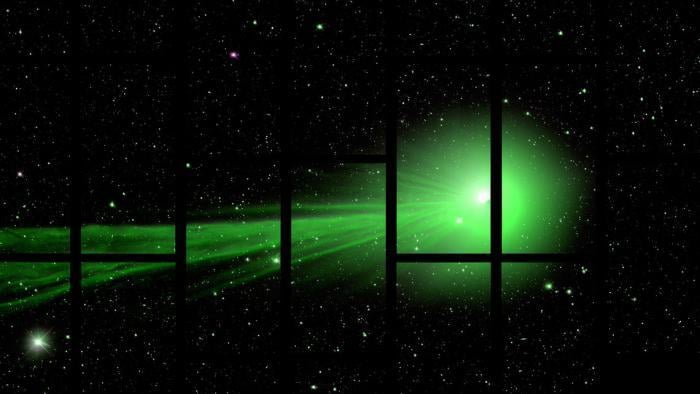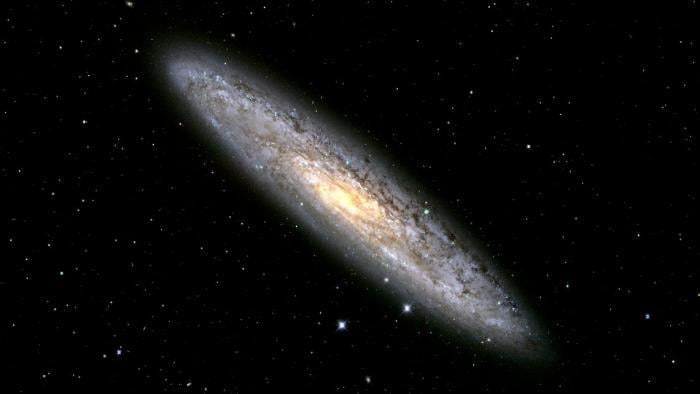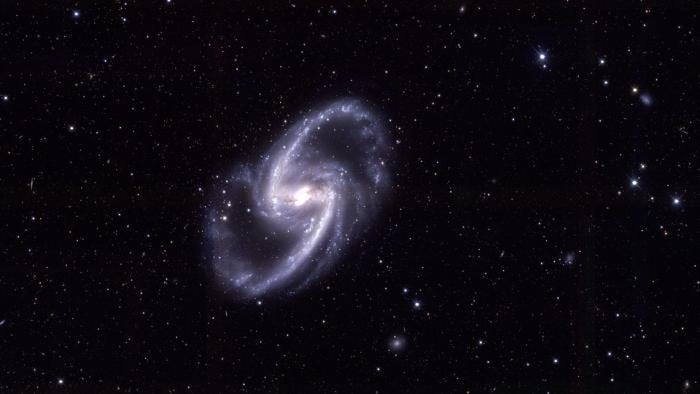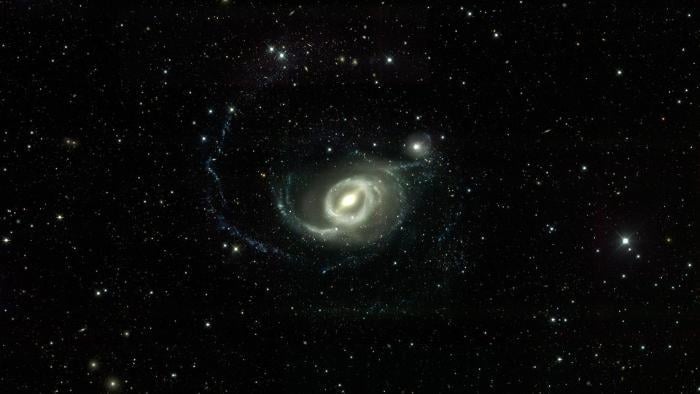A new study shows how Neanderthal ancestry impacts us today, and loneliness can be both good and bad for your health.
Astronomers capture the early flash of an exploding star. And sometimes, it’s not always a great idea to ask the Internet for help.
Rabiah Mayas, Director of Science and Integrated Strategies at the Museum of Science & Industry joins “Chicago Tonight” to discuss some of the latest stories making headlines in the world of science.
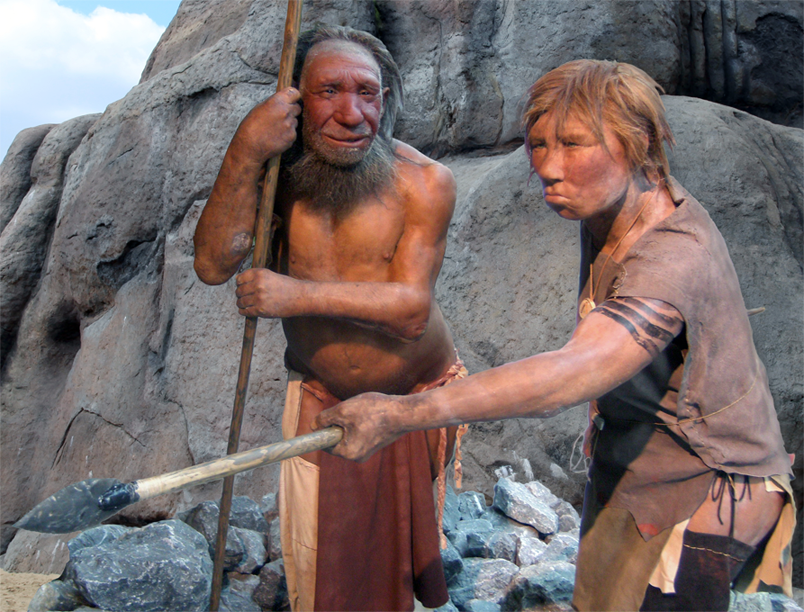
Neanderthal DNA Impacts Human Disease Risk
A new study reveals that inherited Neanderthal DNA can be a contributing factor to depression and other health risks in today’s humans.
Roughly 50,000 years ago, ancestors of today’s humans made their way from Africa to Europe and Asia, where they met Neanderthals, an ancient human subspecies that went extinct 40,000 years ago. Because of interbreeding, modern humans still contain a tiny portion of DNA from Neanderthals.
“About two to four percent of the DNA of people with Eurasian descent have Neanderthal DNA in their genomes walking around today,” Mayas said.
A team of researchers, including scientists from Northwestern University, looked at the DNA of over 28,000 adults and compared it to their health records. They found that having Neanderthal genes is linked to a risk of depression, sun sensitivity and other traits.

The Upside (and Downside) of Loneliness
Scientists have found that while loneliness has its negatives, there are some ways in which it can be positive.
A study published in “Proceedings of the National Academy of Sciences” from researchers at the University of Chicago, UCLA and UC Davis identified a link between loneliness and a phenomenon of a decreased immune system response and higher instances of inflammation.
But loneliness can also be a good thing.
“Loneliness can actually be protective for us,” Mayas said. “When you’re lonely, it activates a fight or flight response, and if you are perceiving a threat, it might actually help you preserve yourself or take some actions that are going to help with your own safety in a stressful situation.”
Mayas said that loneliness is inherited, but also has social and environmental factors. That means loneliness has the potential to be treated one day in the future.
NASA’s Kepler space telescope has captured the flash of an exploding star for the first time.
When a star explodes, it creates a shockwave – what astronomers call the “shock breakout.” The telescope recently caught the optical wavelength (or visible light) by two massive stars called red supergiants.
Scientists have proposed mathematical models on this phenomenon for years, but now there’s observable evidence.
“Breakouts are hard to capture because they happen over a relatively short time scale. So it takes less than 30 minutes for that to happen,” Mayas said.
“So imagine if you’re looking at the entire universe, you have to know exactly when and where this would happen and point your telescope at the exact right direction at the right time.”
The Dark Side of Space is Actually Pretty Beautiful
Chicago-based Fermilab has an exhibition of images through April 29 from their Dark Energy Camera, which is mounted on a telescope in the Andes Mountains in Chile.
Dark matter is mysterious matter that scientists believe is behind the expansion of the universe.
“[Dark matter is] telling us a lot about galaxies that are incredibly far away, the behavior of these spiral galaxies,” Mayas said.
“Not only are these images fantastically beautiful … but it’s also helping us understand the behavior of these spacial objects far, far away and how the universe was created and how it’s expanding this very day.”

A $300-million polar research vessel that will be launched in 2019 in England may be named “Boaty McBoatface” if the Internet gets its wish.
The agency did a crowd-sourcing poll on the Internet, asking the public to submit names for the ship. The name Boaty McBoatface is currently in the lead with more than 100,000 votes. The second-place name is at a distant 15,000 votes. Voting closes in mid-April.
“It’s not clear if the agency will honor the public’s votes or if they’ll choose something else, like one of the notable U.K. researchers that have also been suggested,” Mayas said. “I say let the public win. It’s a cool name, and the science will still be rigorous and important.”
Related stories from "Chicago Tonight"
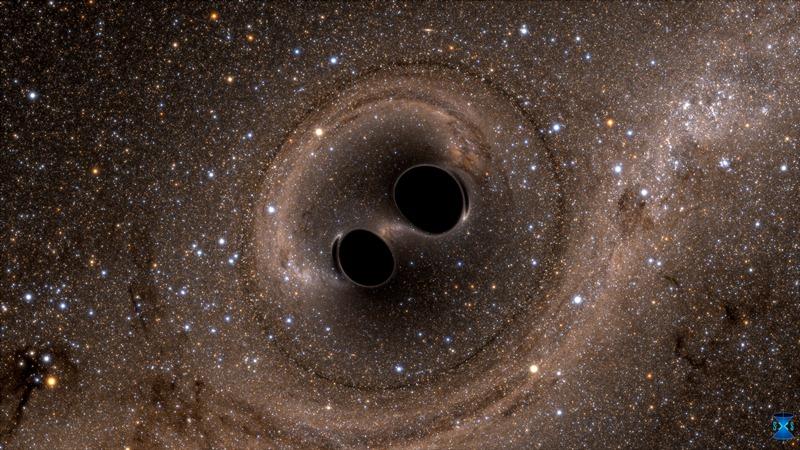 Detection of Gravitational Waves Stuns, Excites Scientific Community
Detection of Gravitational Waves Stuns, Excites Scientific Community
Feb. 15: The detection of gravitational waves first predicted by Albert Einstein is being hailed as one of the most important discoveries of the modern age. Some local scientists who worked on this groundbreaking achievement are here to explain.
 Study: Loneliness Linked to Adverse Health Effects
Study: Loneliness Linked to Adverse Health Effects
Feb. 11: It's the weekend for love, but Valentine's Day can leave some feeling awfully lonely. A University of Chicago neuroscientist joins “Chicago Tonight” to discuss the science of loneliness and its potential health hazards.
Chicago Scientists Prepare Ultra-Sensitive Camera for South Pole Telescope
Feb. 4: Scientists at the University of Chicago are hoping a new, highly sensitive camera they're developing for the South Pole Telescope will reveal new information about the early universe. The camera measures something that's nearly 14 billion years old: radiation left over from the Big Bang.
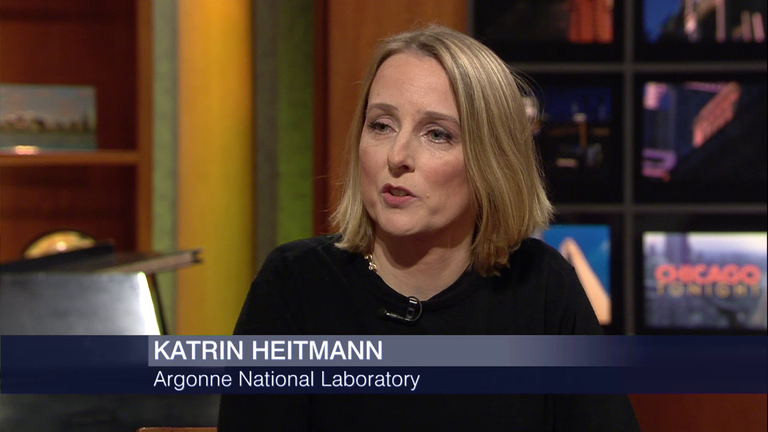 Argonne National Lab Simulation Tracks the Evolution of the Universe
Argonne National Lab Simulation Tracks the Evolution of the Universe
Dec. 15, 2015: Simulating the evolution of the cosmos. A local physicist is here to talk about using supercomputers to delve into the mysteries of the universe.


